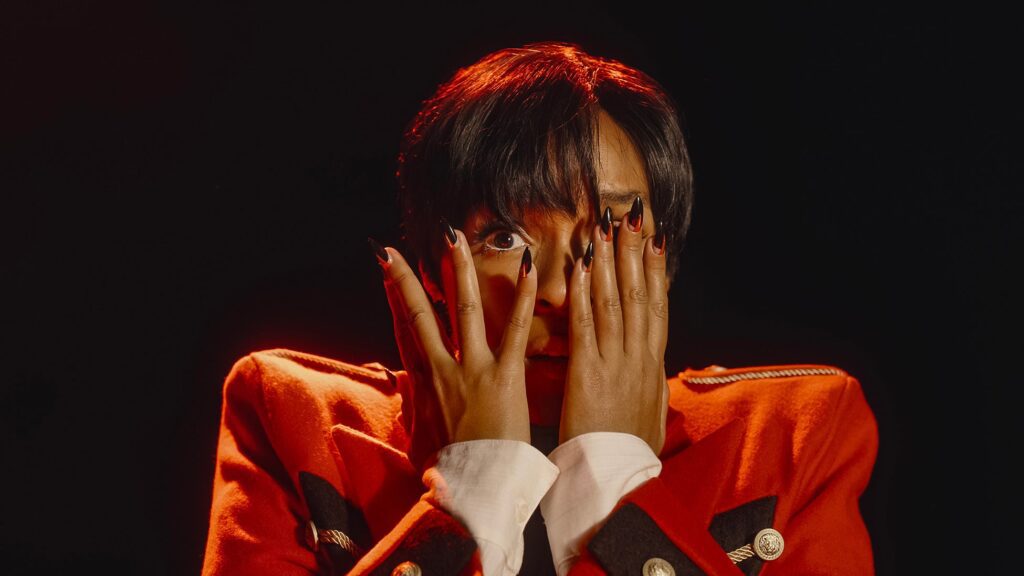According to a February 25 AdWeek story, thirty-second spots during the upcoming NCAA Men’s Basketball Tournament cost about $350,000 during early rounds and between $1.3 and $1.4 million during the Final Four and Championship games.
Fortunately for marketers seeking to boost accountability for their marketing dollar, many opportunities exist to engage with excited college basketball fans and significantly boost results. This is true for advertisers large and small that stay away from high priced broadcast buys, as well as large advertisers with big broadcast plans for March Madness.
Effective, Accountable Alternatives
Many marketers will bring the Madness to existing campaigns. By incorporating promotions, exclusive offers and relevant March Madness messaging into affiliate marketing, search engine marketing, social media, display, e-mail, blogs and other channels, marketers can tap the Madness without incurring such overwhelming costs.
Microtargeted, performance-based social media ads offer marketers one of the newest and most effective ways to connect with consumers, but marketers shouldn’t settle for just serving up an ad to a segment of NCAA college basketball fans. The best March Madness social media campaigns will take microtargeting much further.
They will hone in on certain fan bases and then further segment these groups by age, gender or other attributes to deliver microtargeted offers via Facebook and other sites that can be measured and optimized for success. From small businesses marketing T-shirts and other team paraphenalia to major consumer brands seeking newsletter opt-ins or other consumer engagement, targeting accountable ads can work with almost any budget.
A multi-channel retailer recently applied this microtargeted, performance-based approach to social media, and the campaign outperformed its search engine marketing counterpart. To drive awareness and pre-release sales for the newest book from a popular author’s series, the retailer targeted Facebook users that self identified as fans of the author or the book series with event invitations and advance offers to purchase the book. The social ads drove 2.7 million impressions at just $0.83 per thousand, generated a nearly three percent conversion rate and far exceeded Facebook’s average click-through rates.
Complementing Broadcast Buys
Many broadcast advertisers continue to fail in setting up cost effective search marketing programs to capture buzz created by offline ads and large online campaigns. Pepsi recently failed to setup a search net to capture buzz generated by Pepsuber (from the MacGruber/Saturday Night Live campaign), a term that didn’t even exist prior to the Super Bowl that Pepsi likely could’ve owned with paid or natural search efforts for very reasonable costs. Incidentally, the term climbed as high as number 41 on Google Trends’ top searches list, but Pepsi had no visible paid or natural search efforts in place to capitalize.
Will Coke do any better in March?Coca-Cola returns as a major broadcast sponsor for March Madness in 2009 but has already started supporting their March Madness campaigns with a viral effort, Taste the Madness. A contest and Web site promote Coke Zero and the inherent madness of getting Coke taste with zero calories. Soliciting video entries from NCAA fans across the country, with many videos already uploaded to the site, the effort offers the chance for winners to be featured during the CBS broadcast of the final four and will likely generate widespread participation. Coca-Cola already enjoys engagement, site traffic and measurability, even before the tourney kicks off.
A search net can help Coca-Cola reap the same rewards during and after the tourney, and it looks like the worldwide brand has already put the wheels in motion. “School Spirit Leaders” whose teams are in the NCAA will be selected to post their own videos and photos, for example, and four will be selected to represent the brand at the Final Four in Detroit as “Mad Majors.” This should create some visibility within natural search results. Coke already owns the natural results for Taste the Madness, but the brand could bolster its foothold by looking at paid search for more generic keywords like “NCAA Contests” as a cost effective way to introduce the effort to unknowing consumers.
Whether brands plan to leave high priced broadcast buys behind them or want more accountability and results from their big-dollar March Madness buys, new and established online performance-based marketing options can help.
Michael Kahn (michael.kahn@performics.com)is senior vice president marketing at Performics.
 Network
Network

